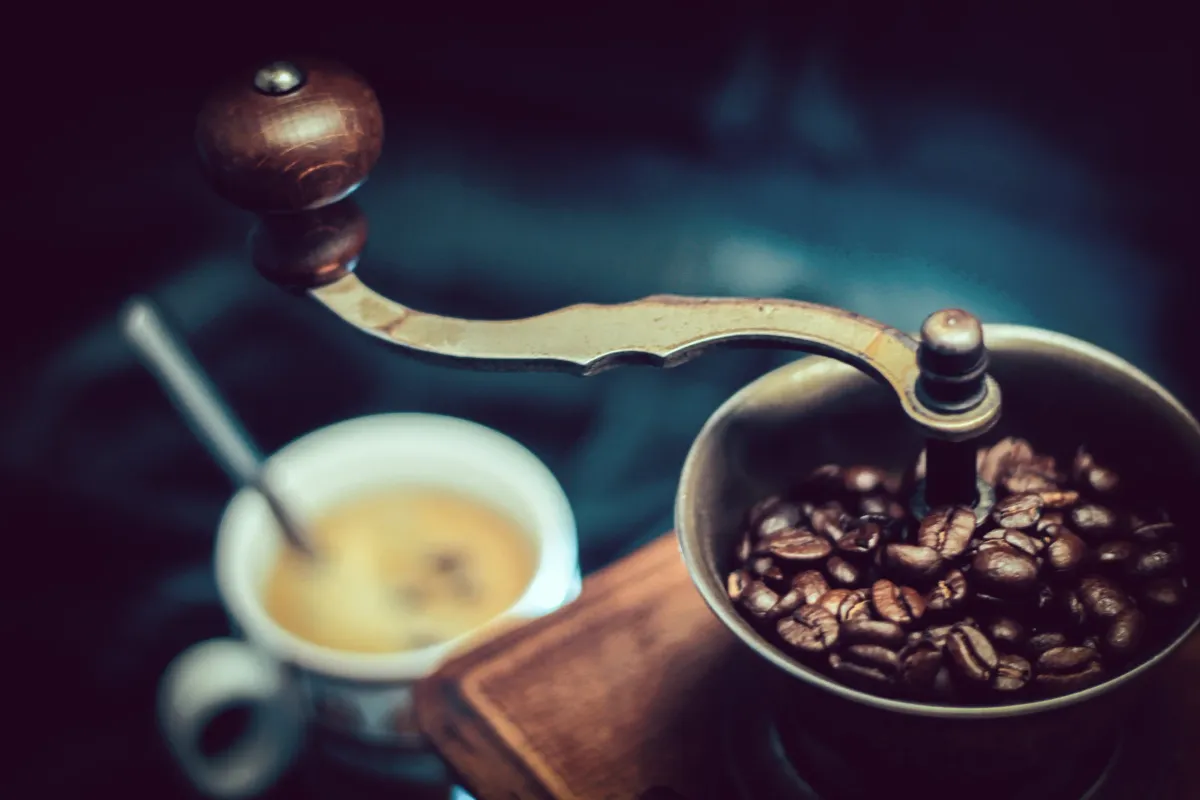The Caffeine Conundrum: Managing Caffeine Intake for Better Sleep and Cycling Performance

Today, we’re diving into a topic that’s crucial for anyone who loves a good brew as much as a good ride: “Can you have caffeine and still enjoy a peaceful night’s sleep?” As cyclists, we often rely on that cup of joe for an energy boost, but how does it affect our sleep? Let’s break it down, sip by sip.
The Caffeine Conundrum
What’s the Deal with Caffeine?
Caffeine is like that friend who pumps you up for a big ride – it’s a stimulant that boosts your energy and alertness. Great for those early morning rides, right? But here’s the catch: it can linger in your system longer than you might expect.
How Caffeine Affects Sleep
- Stays in Your System: Caffeine has a half-life of about 5-6 hours, meaning it takes this long for your body to eliminate half of it.
- Reduces Sleep Quality: It can reduce the amount of deep sleep you get, making you feel less rested.
- Increases Time to Snooze: It might take you longer to fall asleep, cutting into those precious Zzz’s.
Striking a Balance: Caffeine and Sleep for Cyclists
Timing is Everything
🕒 Morning Magic: Stick to having caffeine in the morning. This gives your body enough time to process it before bedtime.
Quantity Matters
☕ Less is More: Keep your intake moderate. One or two cups should be your limit if you’re sensitive to caffeine.
Know Your Body
🧬 Personal Sensitivity: Everyone metabolizes caffeine differently. Pay attention to how your body reacts.
Pros and Cons of Caffeine for Cyclists
Pros:
- Boosts Performance: Caffeine can enhance your cycling performance, giving you that extra push.
- Increases Alertness: Helpful for those early morning training sessions.
- Improves Focus: Stay sharp on those long rides.
Cons:
- Can Disturb Sleep: May reduce the quality of your sleep, leaving you less refreshed.
- Potential for Dependence: Relying too much on caffeine can lead to dependence.
- Can Cause Jitters: Too much can make you feel anxious or jittery.
Tips for Better Sleep for Caffeine Lovers
- Establish a Routine: Try to go to bed and wake up at the same time every day.
- Create a Sleep-Inducing Environment: Make your bedroom a cozy, quiet, and dark haven for sleep.
- Mindful Consumption: Be aware of your caffeine intake, especially in the hours leading up to bedtime.
- Stay Hydrated: Drink plenty of water throughout the day to offset the dehydrating effects of caffeine.
Alternatives to Caffeine for Energy
- Green Tea: Contains less caffeine and is packed with antioxidants.
- Herbal Infusions: Chamomile or peppermint teas can be relaxing.
- Natural Snacks: Nuts, fruits, or whole grains can provide a steady energy source.
Conclusion: Finding Your Caffeine Sweet Spot
In conclusion, while caffeine is a cyclist’s ally for that energy boost, managing its intake is key to ensuring it doesn’t rob you of a peaceful night’s sleep. By understanding your personal sensitivity, timing your caffeine consumption, and keeping an eye on the quantity, you can enjoy the best of both worlds. So, go ahead, enjoy that morning cup but remember to listen to your body and prioritize your sleep. Sweet dreams and happy riding! 🌙🚴♂️
What’s your caffeine routine as a cyclist? Share your experiences and tips in the comments below! And don’t forget to subscribe for more insights. 🚵♀️💬👍





